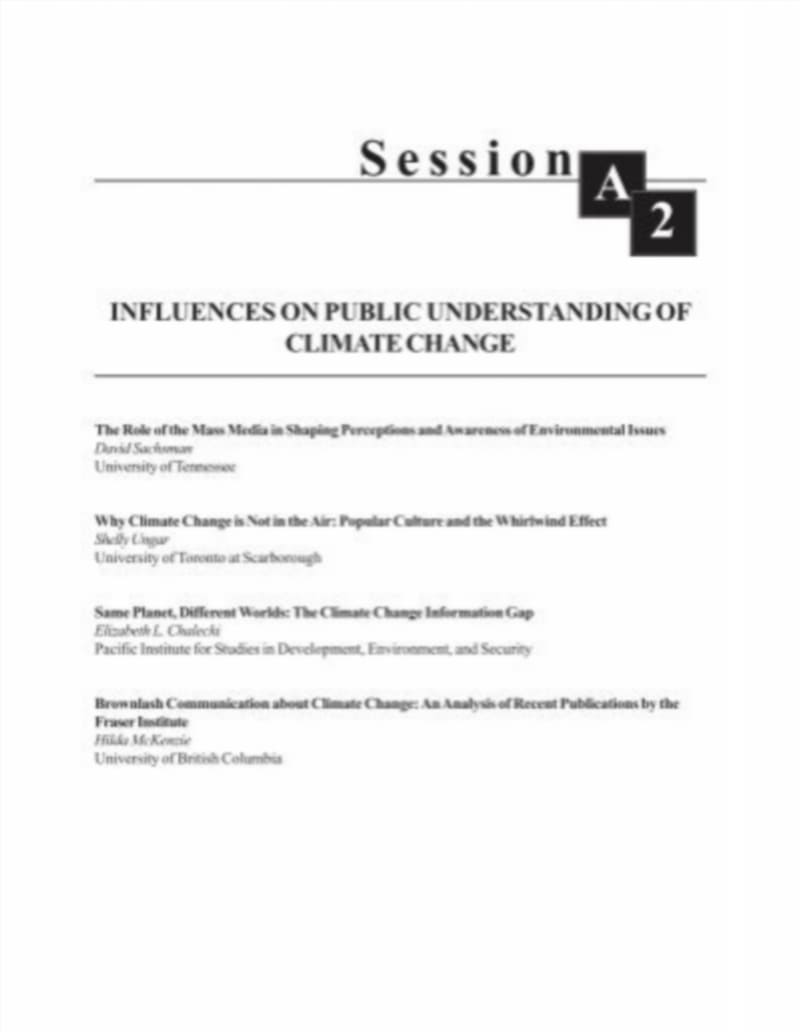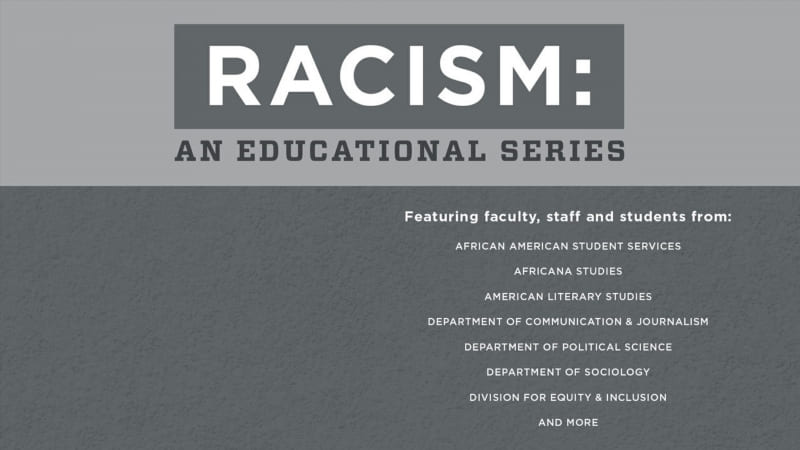Homophobic Ad Blocked: The Dalhousie Gazette’s Momentous Decision
In 2011, the Dalhousie Gazette found itself in the throes of controversy. The decision to block a homophobic ad became a watershed moment in its editorial history. But what were the circumstances that led to this decision, and why did it resonate so deeply within the community?
A Brief Recap of The Event
In a world that was rapidly embracing inclusivity and acceptance, the ad, which was dripping with prejudiced undertones, was nothing short of a slap in the face. The Dalhousie Gazette’s editorial board, realizing the potential harm, took a brave and much-needed step to block the advertisement. But, like peeling an onion, there’s more to this story.
-
The Ad Content: The specifics of the ad remain a sensitive issue. Suffice to say, its content was deeply offensive, promoting stereotypes and marginalizing the LGBTQ+ community.
-
Public Outrage: As word got out about the ad, the public’s response was swift and vehement. Letters poured into the Gazette’s office, and social media platforms lit up with heated discussions.
-
The Gazette’s Stand: In a world where clickbait often reigns supreme, the Gazette chose ethics over engagement. By blocking the ad, they signaled their commitment to promoting a safe and inclusive environment for all readers.
The Larger Implications
The decision wasn’t just about one ad. It was a loud proclamation, reinforcing the notion that media outlets have the power – and responsibility – to shape societal attitudes. By putting their foot down, the Dalhousie Gazette made it abundantly clear: prejudice, in any form, wouldn’t get a platform on their watch.
Media’s Role in Shaping Perceptions

Let’s face it: media is powerful. From shaping our morning routines to influencing our purchase decisions, it’s an omnipresent force. But with great power comes great responsibility, eh?
-
Media’s Influence: Stories, ads, and articles can either reinforce harmful stereotypes or challenge them. Media has the unique capability to either amplify harmful voices or drown them out with messages of love and acceptance.
-
The Ethical Dilemma: To publish or not to publish? That’s the perennial question. While freedom of expression is a cherished value, it’s vital to weigh the potential harm against the purported benefits.
Lessons from the Past: Historical Precedents

Now, don’t get me wrong. The 2011 incident wasn’t the first time a media house faced such a conundrum. History’s chock-full of such instances where publications had to make tough calls.
-
New York Times v. Sullivan (1964): This landmark case underscored the importance of freedom of press. However, it also emphasized the responsibility that comes with it. False statements with “actual malice” were frowned upon, to put it mildly.
-
The Pentagon Papers (1971): Another classic. The US government wasn’t thrilled when The New York Times and The Washington Post chose to publish a classified report. But the newspapers stood firm, defending the public’s right to know.
-
BBC’s Iraq Dossier Controversy (2003): When BBC reported that the UK government “sexed up” a dossier on Iraq’s weapons, it opened a can of worms. Despite facing tremendous pressure, the broadcaster stood by its story, emphasizing the role of the media as a watchdog.
Media in the Modern Age: Navigating Choppy Waters
Alright, let’s shoot straight. The media landscape today is like navigating through a minefield. Fake news here, deep fakes there – it’s a jungle out there! But amidst the chaos, outlets like the Dalhousie Gazette stand as beacons of hope, reminding us that ethics and integrity are still alive and kicking.
-
Ad Revenue vs. Ethics: In an age where ad revenue often dictates content, taking a principled stand isn’t easy. But who said doing the right thing ever was?
-
The Social Media Quagmire: With everyone and their dog being a “content creator,” how do established publications ensure accuracy and fairness? By sticking to their guns and staying true to their core values, that’s how!
The Road Ahead: Media’s Ongoing Journey
The 2011 decision by the Dalhousie Gazette wasn’t an isolated incident. It was, and remains, part of an ongoing journey for media outlets worldwide. As society evolves, so must our narratives. And while the path isn’t always clear, the north star of ethics, responsibility, and community welfare must always guide the way.
Will there be challenges? You betcha! But as the Gazette’s 2011 decision showed, with conviction and courage, media can indeed be the change-maker we so desperately need. So, here’s to a future where our stories reflect not just who we are, but who we aspire to be!






